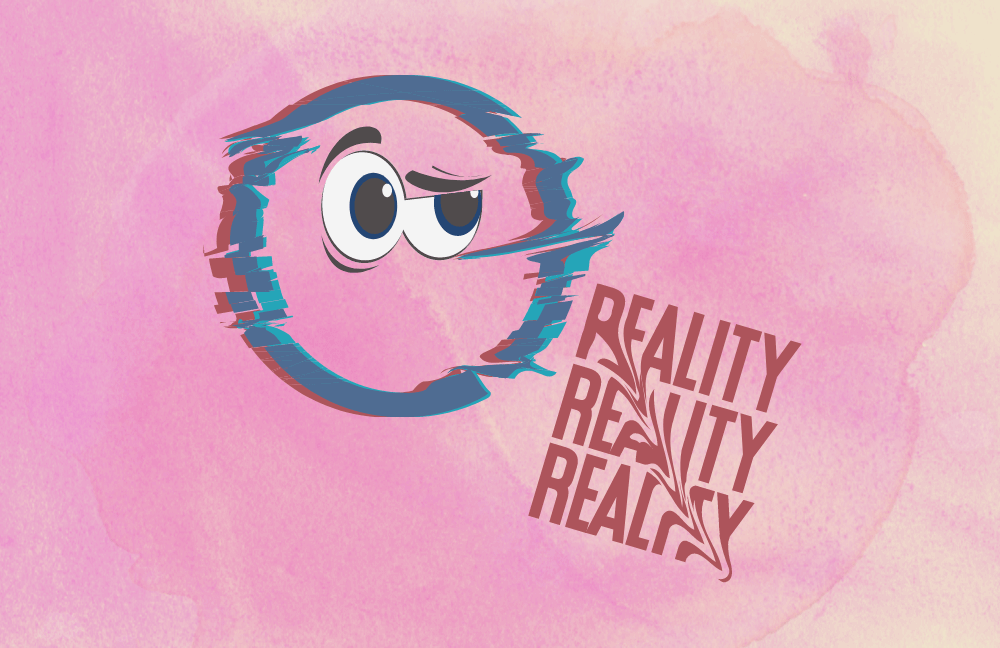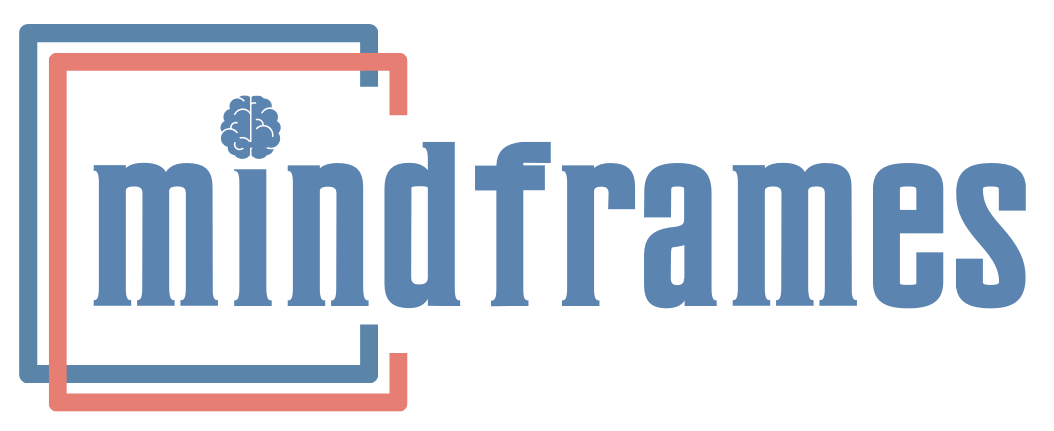Children’s Group Workshops
Burden of Childhood Emotional Problems
Delivery of Socio-Emotional Education to Children
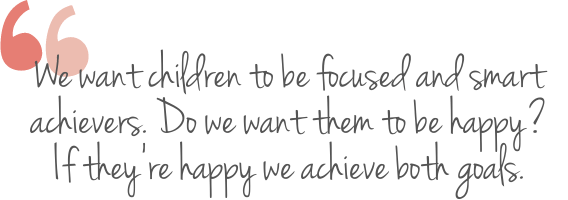
Approaching Emotional Issues in Children
Health in children is not merely an absence of disease (physical and psychological). It is a state of universal wellness. With that in mind we envision 2 core models of emotional wellness delivery in groups.
Therapeutic Approach
Preventive Approach
MindFrames Group Activity and Learning
Learning is more efficient when combined with activity and fun, more so for children. Children learn by imitation, inspiration and introspection. The MindFrames group programs for children offer intellectual and emotional knowledge through experiential and hands-on learning tasks. This activity-assisted learning, also forms a good platform for building social skills and enhancing the social quotient (SQ) of the child.
Educative workshops are conducted for children of all ages. The toddler and preschool kids are accompanied by parents. Workshops target global developmental dimensions and include but are not limited to personality build-up, gender education, stress free living, study skills, career guidance, building intelligence and spiritual growth; to name a few. They enable children to open up to the world, express their opinions, share ideas, set positive peer impressions; and adds to their self-confidence. The net outcome is first-class learning and personality enhancement. Children perceive these group programs workshops as a ‘fun experience’ and learning becomes a worthy by product.
Children’s Assessment
- Aggression and impulsivity
- Anxiety, fears and phobia
- Assertive communication
- Attention span and focus
- Career personality style
- Depression and moodiness
- Emotional Quotient and EI
- Interpersonal communication
- Multidimensional intelligence
- Pessimistic thinking style
- Self-esteem and confidence
- Study skills and strengths
Children’s Workshops
- How to be nice to friends
- Building strong social skills
- Overpowering depression
- Dealing with your feelings
- From distress to De-stress
- Fighting your stage fright
- Fueling your confidence
- Let’s talk about sex
- Learning to control anger
- Battling examination anxiety
- How to decide on a career
- Study skills training
Group Learning and Group Dynamics
Children can be restrictive, defensive and poor with self-expression. Groups make them identify with other kids and open up about their concerns. When placed with others like themselves, they express their ideas, apprehensions and anxieties more freely. This way they get engaged in the form as well as the process of learning new skills and establishing self-reliance and resilience alongside.
At MindFrames we are committed to providing stimulating out-of-the-box learning experiences. So, we focus on interpersonal, emotional, intellectual, as well as spiritual development. The sessions may involve small groups (with 5 to 6 participants) to allow deeper personal attention as well as larger group programs (with 20 to 25 children) that facilitate greater interactive focus. Sometimes kids with similar emotional and behavioral issues are clubbed together to allow greater interpersonal insight. Cooperative and participative, these sessions involve activities, discussions, games and audio-visual aids to offer multi-sensory focus that enriches proficiencies.
We are eager to help you help your children. All our programs are customized, with flexibility in frequency, duration of workshops, analysis, assessment, educational material, and more. Please feel free to connect with us. We’re here to make a difference.
Dr Shefali Batra is a Feature Writer in the Teenager Today (India’s first Teen Zine) since 15 years. The magazine is focused on child and adolescent wellness.
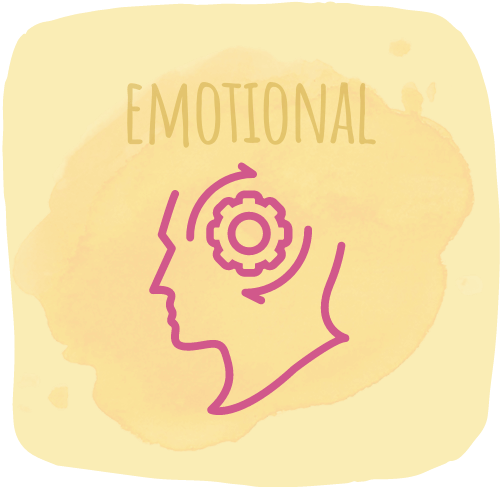
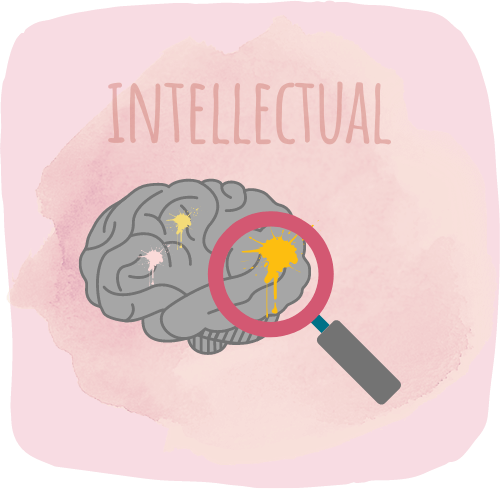
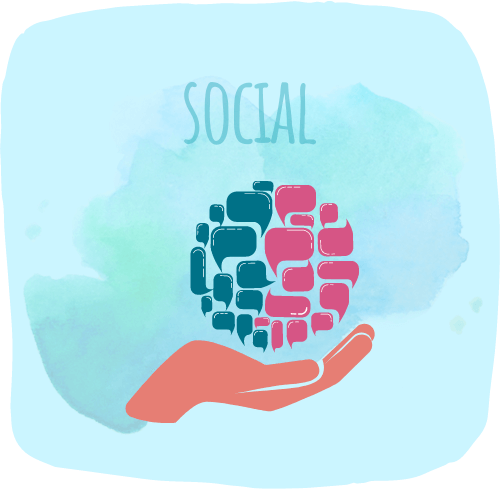
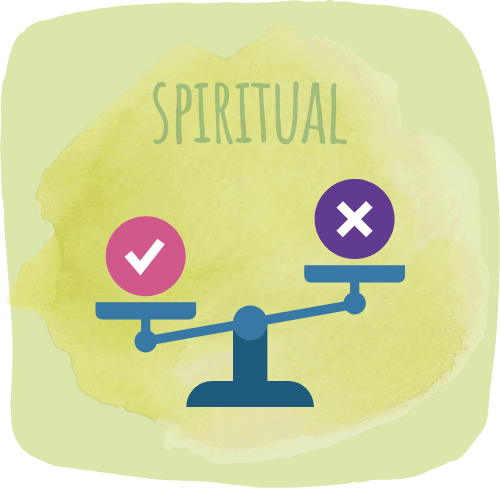
References
- Gruber. T., Deschenaux, A., Frick., A, Clément, F., (2019). Group Membership Influences More Social Identification Than Social Learning or Overimitation in Children. Child Dev; 90(3):728-745.
- Master, A., Walton, G. M., (2013). Minimal groups increase young children’s motivation and learning on group-relevant tasks. Child Dev;84(2):737-51.
- Fawcett, L. M., Garton, A. F., (2005). The effect of peer collaboration on children’s problem-solving ability. Br J Educ Psychol;75(Pt 2):157-69.
Latest Posts

7 Reasons Why You Should Seek Therapy
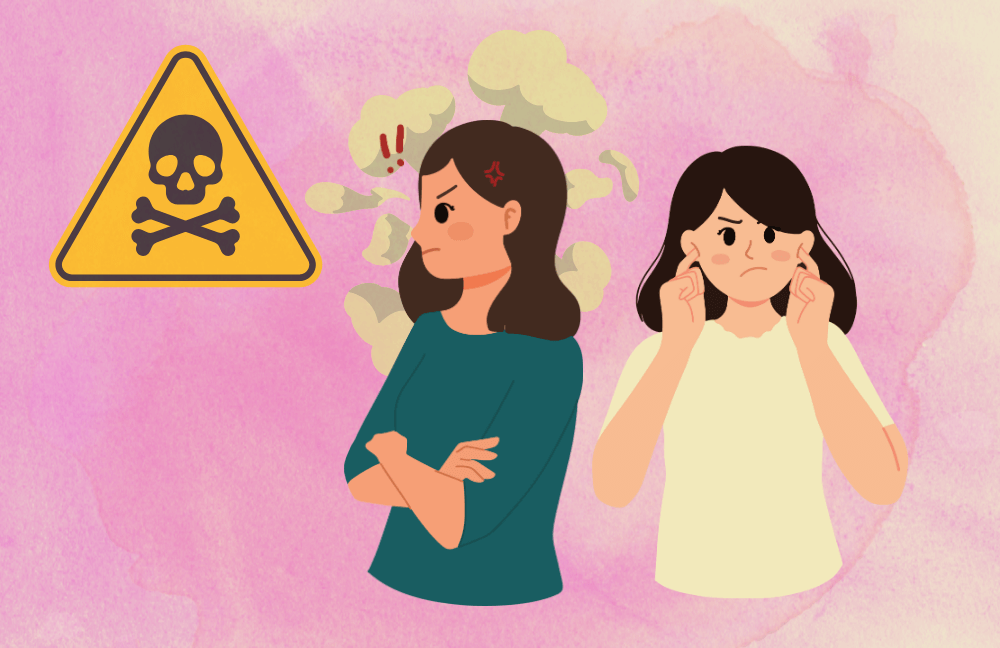
5 Ways To Deal With A Toxic Coworker
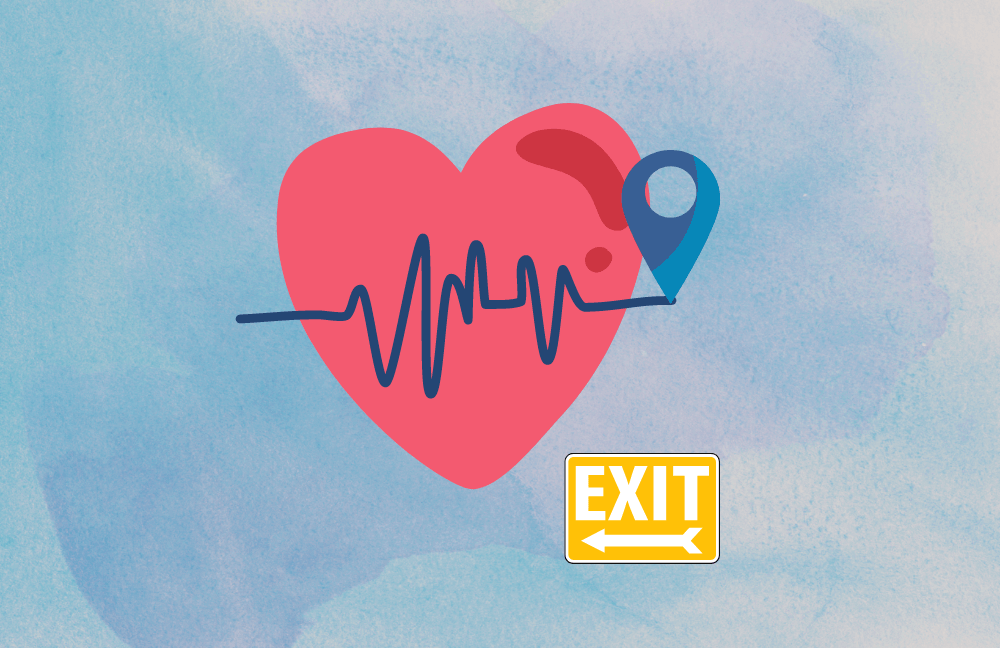
Journey: Why Is It Something No-one Talks About?

Money vs. Happiness: Who Is Winning the Desperate Race?
